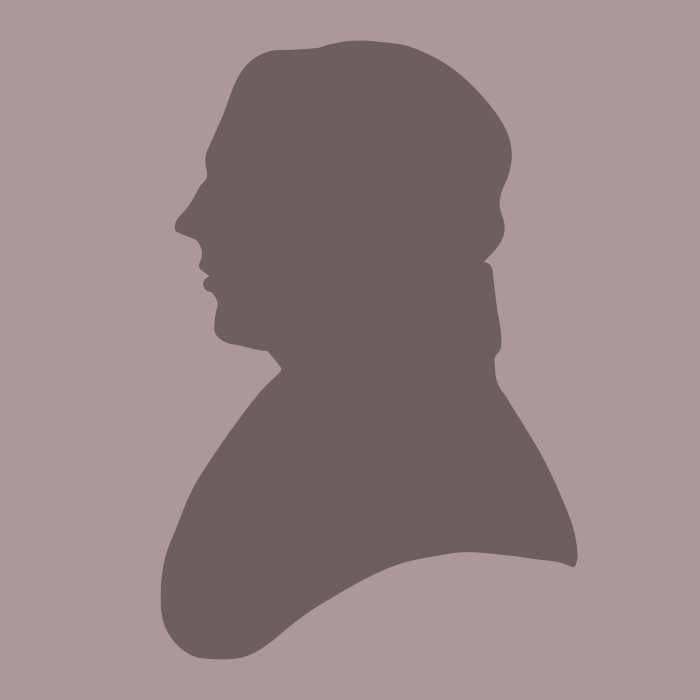Marios Pieri followed the Greek Revolution from a distance. This, however, did not prevent him from sympathising with the protagonists, being moved by their difficulties, and taking their side, fighting with his pen.
The destruction of Psara compelled him to write about the struggles and sacrifices of the Greeks, until the image of the militant Greeks, the courage of the revolutionaries, and the suffering of his country reached the whole of Europe.
‘But why should we Greeks remain far from the theatre of national glory? I have not the means, the help of weapons, or the money to offer my homeland; nor can I serve it with my pen that knows not how to colour my thoughts except in Italian. Nor is it possible, as a man now in my fifties, to transform myself into a Greek author. So, I will stand by her in the best way I can’. That ‘way’ was to extract information from French periodicals, books—especially the works of François Pouqueville—and European newspapers that described the struggle in Greece, and then set to writing his work Compendo delle storia del Risorgimento della Grecia, dal 1740 al 1824, Italy, 1825.
In 1827, recognition of Greek independence filled him with joy and optimism: ‘I am satisfied with my life and ask God to keep me this way until the end, without dangerous wealth or miserable poverty and to let me die on the sacred ground of my homeland: reborn’. However, this joy was reversed by the news of the murder of Governor Ioannis Kapodistrias:
‘At first, I was beside myself. When I recovered, I shouted, walking madly through the rooms: Oh Greeks, Greeks! Become a nation first, truly free and great, powerful, and then become ungrateful. Remember how our glorious ancestors, of course, often behaved with the same ingratitude, but in accordance with the law and not by crime and treachery. […] What will Greece become with the divisions that now prevail there? Without doubt, it will be said that Greece does not know how to be free and how she deserved to be enslaved so many centuries’.
When he visited Corfu (1836, 1837), he went to Platytera Monastery to pay his respects at the grave of his friend, Ioannis Capodistrias: ‘I cried and shed tears on that monument to the beloved, most virtuous man of our times, and my most pure friend, and I felt lighter’. Viaros Capodistrias asked him to write his brother’s biography and sent him important documents for this purpose, but Pieri declined this great project, suggesting Andreas Moustoxidis. Ultimately, out of all the Governor’s Corfiot friends, it was Arliotis who would write a short biography.


